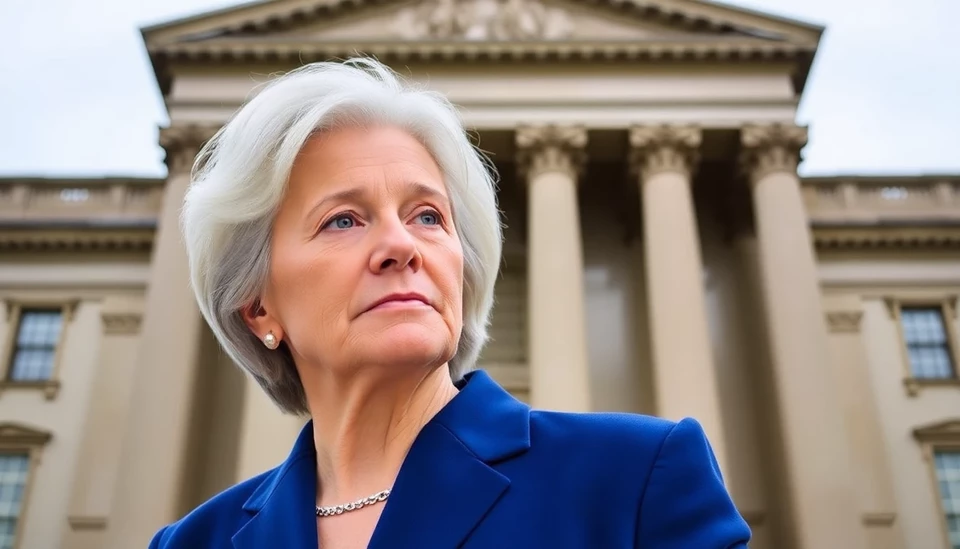
In a rapidly evolving financial landscape, the clash between traditional banking principles and innovative cryptocurrency concepts is particularly pronounced in Switzerland. The Swiss National Bank (SNB) is currently grappling with the challenge posed by the increasing popularity of Bitcoin and other digital currencies, which are gaining traction among the Swiss public and businesses alike.
As Bitcoin usage burgeons, it puts significant pressure on the SNB to reassess its longstanding commitment to financial orthodoxy. This challenge comes at a pivotal time, as many Swiss citizens and entrepreneurs are advocating for the integration of cryptocurrencies into mainstream financial systems. The push for broader acceptance of digital currencies has sparked a heated debate on the implications for monetary policy and financial stability in the Swiss economy.
At the core of this confrontation is Bitcoin’s value proposition as a decentralized currency that operates independently of central banking systems. Advocates argue that cryptocurrencies offer a hedge against inflation and an alternative to traditional financial instruments, positioning them as a solution in times of economic uncertainty. However, the SNB remains cautious, highlighting potential risks associated with Bitcoin, including volatility and the lack of regulatory oversight.
This dichotomy is particularly evident as various segments of Swiss society, from tech-savvy startups to traditional investors, express an eagerness to embrace the digital currency boom. The crypto crowd is lobbying for clearer regulations to foster innovation while ensuring consumer protection. Many view Switzerland’s long-standing reputation for banking integrity and regulatory quality as vital to establishing a robust cryptocurrency ecosystem. The burgeoning sector is calling for practical frameworks that balance innovation with regulatory measures to prevent financial malfeasance.
On the other hand, the SNB's adherence to its conservative monetary policies, which have successfully steered the nation through various economic storms, underscores a profound skepticism about the potential of cryptocurrencies. The bank continues to stress that adequate controls are necessary to mitigate the risks associated with a burgeoning digital economy, asserting that existing financial structures need to be safeguarded against speculative bubbles that cryptocurrencies may precipitate.
Amidst these discussions, the role of various stakeholders, including financial institutions, regulators, and educational entities, becomes crucial. A collaborative approach that encourages innovation while ensuring regulatory compliance could serve to bridge the gap between traditional banking and the crypto ecosystem. With major municipalities and cantons in Switzerland already exploring the potential of blockchain technology and some even accepting Bitcoin for taxes, the SNB faces pressure to adapt its framework accordingly.
The ongoing confrontation between the SNB’s orthodoxy and the rising tide of cryptocurrency acceptance encapsulates a broader trend observed across the globe. As digital currencies continue to evolve, central banks are starting to re-evaluate their strategies to remain relevant in an increasingly decentralized world. For Switzerland, this balancing act holds significant implications, as the nation aims to solidify its position at the forefront of financial innovation while maintaining its trusted banking reputation.
Ultimately, the future will likely see a recalibration of the SNB’s approach to accommodate the demands of the crypto community without compromising the integrity of its financial system. This unfolding narrative will be watched closely, not only within Switzerland but also by nations worldwide as they navigate the expanding frontier of cryptocurrency.
#Bitcoin #SwissNationalBank #Cryptocurrency #Finance #Blockchain #Innovation #DigitalCurrency #EconomicPolicy
Author: Laura Mitchell




